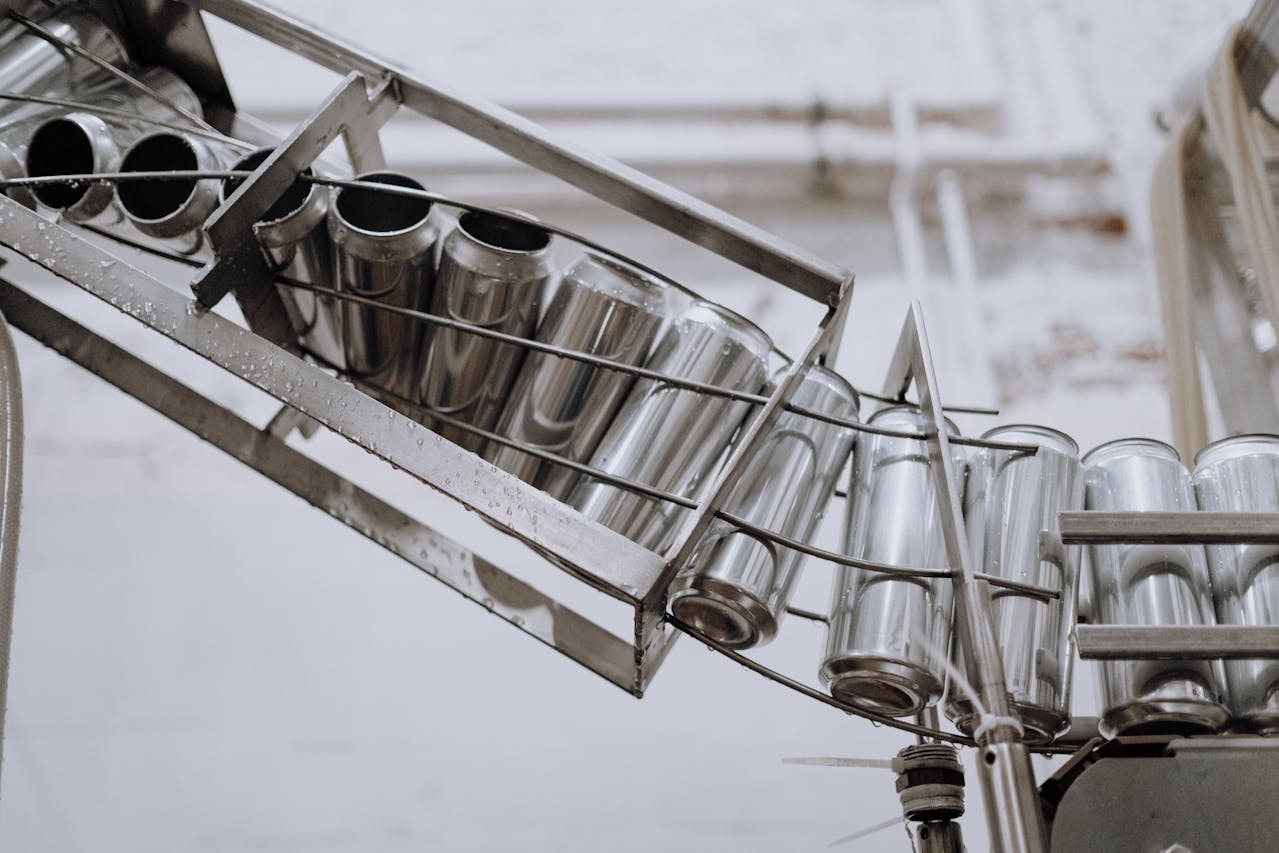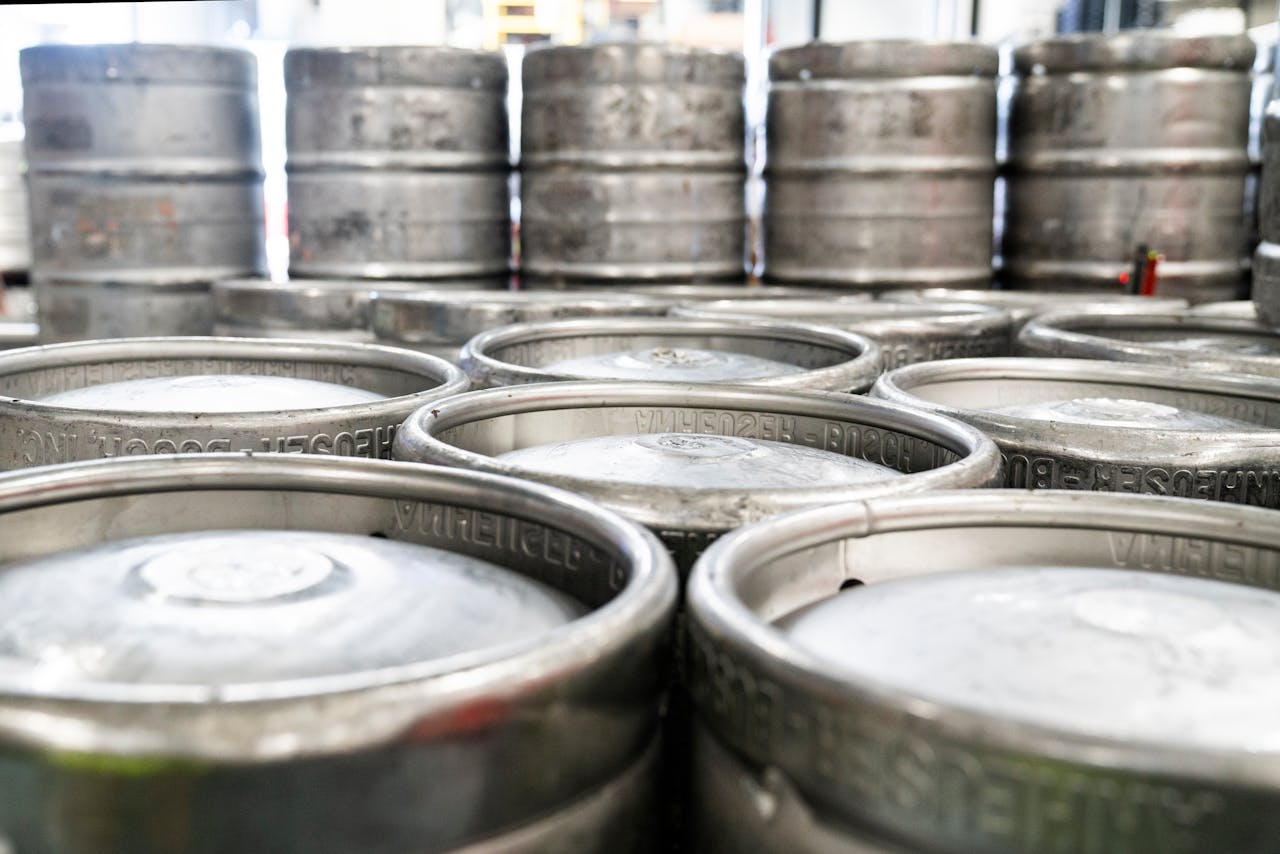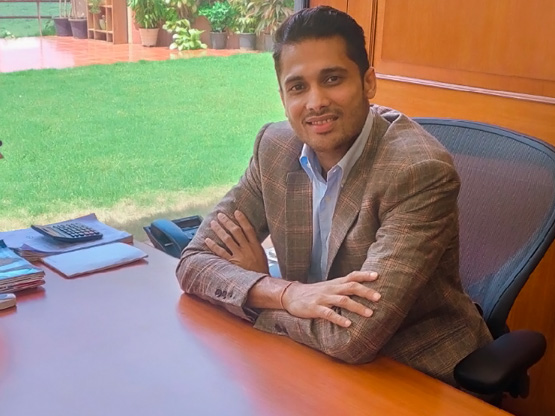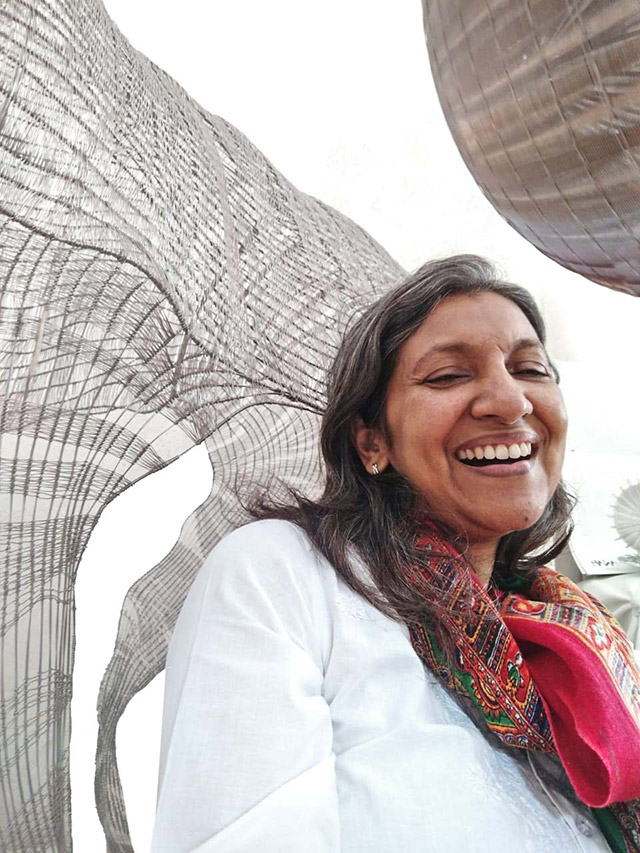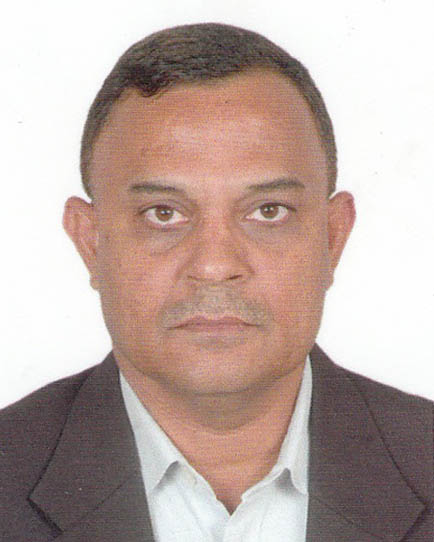Mr K Ponnuswamy
January 15, 2020
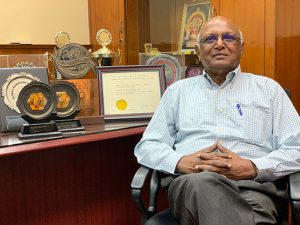
From swimming across the Cauvery river for school, to establishing a renowned name as a provider of high-technology stainless steel products, this man has made great strides. Stainless Post brings to you the stellar account of MD, Indira Industries, Mr K Ponnuswamy who is empowering the modern industrial, power, and public transport sectors with stainless steel. Get to know him as Mr Ponnuswamy reflects upon his journey of over 50 years.
Take Us Back To Your Childhood. How Did Your Journey Begin?
I was born to an agricultural family in Koneripatti, Tamil Nadu. As a student, I excelled in my studies while simultaneously grooming myself as a fine athlete. I graduated from the prestigious PSG College of Technology in Coimbatore in 1969 with a Bachelors degree in Mechanical Engineering. I believe that my participation in sports has a major role in honing me as an entrepreneur. After my graduation, I worked for 13 years at Bharat Heavy Electrical Limited (BHEL) in Tiruchirapalli, Tamil Nadu. During this period, I had the fortune of working with great leaders such as ‘The Father of Public Sector Undertakings in India’ Dr V Krishnamurthy and Padma Shri SVS Raghavan. At that time, I was a Deputy Manager, in-charge of welding development, and was managing nearly 200 workers. During this time, I introduced the process of plasma weld surfacing at BHEL for manufacturing of high pressure valves. This enabled us to save on consumables and increase productivity while automating labour-intensive work. In 1979, I was made the project manager for the Goindwal valve factory greenfield project in Punjab. These 13 years at BHEL helped build my knowledge and expertise as a leader and prepared me for my entrepreneurial journey.
Under What Circumstances Did You Start This Business?
In 1980, BHEL set up a boiler auxiliary equipment manufacturing plant in Ranipet, Tamil Nadu and was on the lookout for entrepreneurs to set up its ancillary fabrication units. Although a risky profile, I was excited with the idea of an assured market and the technical and quality training by BHEL that this opportunity entailed. Motivated, I started my own production unit in Ranipet with the dual objective of becoming a hightechnology equipment supplier and assisting the growth of the country by aiding in import substitution. In 1985, I made a technical collaboration agreement with G+H Schallschutz GmbH, a German company, to develop industrial silencers. Soon, I started 100% indigenous manufacturing with technical assistance from G+H. In 1985, I introduced Resonator- Type Fan Silencer for noise reduction with stainless steel internals for a Tata Power 500MW project in Bombay. In 1986, BHEL Hyderabad inked a collaboration agreement with General Electric (GE) for manufacturing gas turbines, thereby opening more business opportunities. In 1987, I founded Indira Industries and executed an order for a gas turbine exhaust system for BHEL’s Bharat Petroleum Corporation Ltd. project where the duct was constructed entirely from stainless steel grade SS304/321. Today, Indira Industries specialises in manufacturing high-tech engineered products including high-precision stainless steel components for the railways and power sector, noisecontrol applications, and flow-regulation applications.
What Are The Noteworthy Milestones Of Your Business?
After successfully executing several supplies for BHEL’s various projects, we collaborated with Stober & Morlock GmbH, a German technical partner to develop damper technology. In 1991, Indira Industries manufactured and successfully installed its first damper (a mechanical device for gas flow regulation and isolation) for the Indian Oil Corporation Ltd.’s Baroda Gas Turbine project. Soon, with the changing market dynamics, we developed the expertise in internal insulation technology and successfully executed several projects where our competition could not succeed. With the advent of Independent Power Producers (IPPs) in India, we initiated projects with several multinational OEMs including GE, Siemens, Alstom, Rolls Royce, and Mitsubishi. In 1990-91, we received the Nacosi Award for Best Import Substitution.
Later, we exported exhaust systems for BHEL’s Libya project, air inlet silencers with ducting for GE’s worldwide projects, and for all major gas turbine projects around world. We were twice awarded the ‘Best Supplier’ award from GE in appreciation of our outstanding performance in quality and delivery. We have also received the ‘Best Vendor’ award from BHEL Hyderabad for multiple years. One other noteworthy project during that time was our Defence project where we built 3 sets of exhaust systems for Hindustan Aeronautics Limited (HAL) for their Sukhoi test beds in Koraput, Odisha.
In the early 2000s, we developed the first prototype of stainless steel coach components of Linke Hofmann Busch (LHB) coaches. Over the years, we have been able to steadily increase our product range for the Indian Railways. Indira Industries has supplied complete stainless steel shells for 3 rakes of UNESCO’s World Heritage Nilgiri Mountain Railways (NMR) through the Integral Coach Factory (ICF). Apart from this, we have supplied coach components for ICF’s Srilankan projects as well as for the prestigious Train 18. I have been intrigued with solar photovoltaic energy generation and installations ever since I first saw them during my business visits to Germany decades ago. In 2019, I realised my goal of building a 11.5MW solar PV power plant near my factories. Upon installation, we have turned carbon negative – generating more energy through solar photovoltaic system than the energy we consume at our factories. I feel that solar technology is the way forward for greener and cleaner living for future generations.
What, In Your Opinion, Is The Way Forward For The Indian Business Environment?
I am very optimistic about the future of the Indian economy. I feel that there is a great opportunity for India because of the talented younger generation. In addition, I commend the Indian government’s ‘Make in India’ initiative. The government needs to have more faith in the local entrepreneurial talent and should make all purchases within India. Government policies are significant for the development of businesses and one way the government can assist smaller businesses is by mandating project payments through Letters of Credit (LC).
As Peter Drucker said in his book ‘Managing in the Next Society’, India is in a unique position in that it “has a large enough population to make home-market-based economic development feasible”. So Make in India, for India, by Indians could be a good way to progress forward.
When And How Did Your Journey With Jindal Stainless Begin? What Sets Jindal Stainless Apart From Your Entire Gamut Of Suppliers?
We have been working closely with Jindal Stainless for close to 22 years, ever since they started manufacturing in India. Given the consistency in maintaining worldclass quality products by the Company, we even recommend Jindal Stainless to our overseas partners for their projects. The relationship is more than just a transactional one, and the Company also goes out of the way to provide technical assistance when required. I believe this is what sets Jindal Stainless apart.
What Is Your Message To All The Young Managers Out There?
My primary advice to young people is to focus and concentrate on the work that they do. I strongly subscribe to the common traits of long-lived companies as shared in ‘The Living Company’ by Arie de Geus. I would like to share this with the young managers:
- Conservatism in financing,
- Sensitivity to the world around them,
- Awareness of their identity, and
- Acceptance of new ideas
